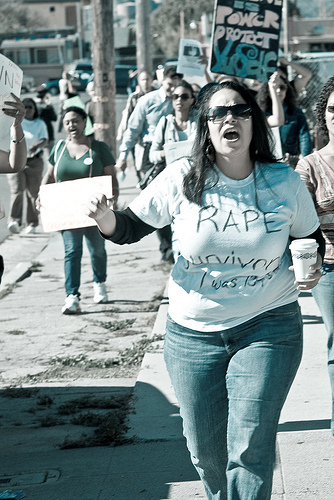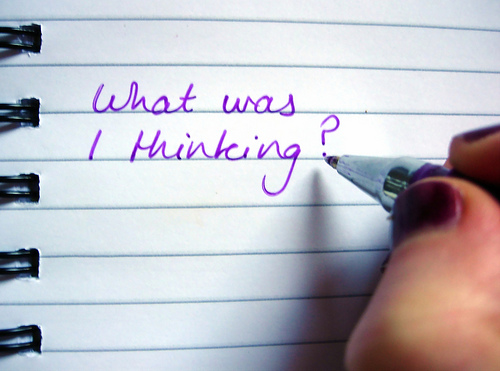
A viral video showing the gang rape of a mentally ill 17-year-old girl has sparked an international debate on the exceptionally high rape rate in South Africa.
A women gets raped every 26 seconds in South Africa – where the video was shot – according to an Al Jazeera report. Every 26 seconds. That is just shocking, appalling and extremely saddening.
It is estimated that over 40 percent of South African women will be raped in their lifetime. A study conducted by South Africa’s Medical Research Council reveals that more than a quarter of men admit to having raped, and 46 per cent of those said they had raped more than once.
In a country that has a proud polygamist as president who has been accused – and acquitted – of rape, the attitude towards women is more than questionable. President Zuma, who is part of the Zulu culture, told the court that the woman had dressed provocatively and that it was against Zulu culture for a man to leave a sexually aroused woman unsatisfied.
‘Peer bonding’ motivation behind gang rape
A convicted rapist on The Stream programme by Al Jazeera, said the way women dress triggers rape. In his view, a woman wearing certain clothing is not showing “respect” towards him and deserves to be punished. Other rapists quote “peer pressure” or “peer bonding” as reasons for engaging in gang rape.
South Africa’s men have deep-rooted attitude problems when it comes to women and sadly also children. It gives them a feeling of masculinity to gain power of someone’s body through rape. And they often do so with impunity:
Only 1 in 9 rapes are reported because victims mistrust the police. They fear secondary victimisation as the conviction rate is low and the element of corruption is widely spread.
The gang rape of the 17-year-old wasn’t reported to the police either but one of the perpetrators passed the video on to a journalist who then passed it onto police.
Culture of human rights is needed
South Africa has one of the most liberal constitution when it comes to personal rights, which makes one wonder how come the rape rate is so appallingly high.
There are a range of different motivations behind rape but according to Kristen Dunke, Professor at Emory University “fundamentally, rape is always about power and control”. Perpetrators are trying to punish somebody for certain behaviours or for “not behaving in a gender appropriate way”.
With this statement she is also addressing the frequent occurrence of “corrective” or as she prefers to call it – homophobic – rapes in South Africa.
In order to change this violent and destructive mindset that is currently deeply embedded in the South African culture, this mindset has to be replaced by a culture of human rights and a culture of fundamental respect for sexual identities that values consent.
Photo by Henderson Images




